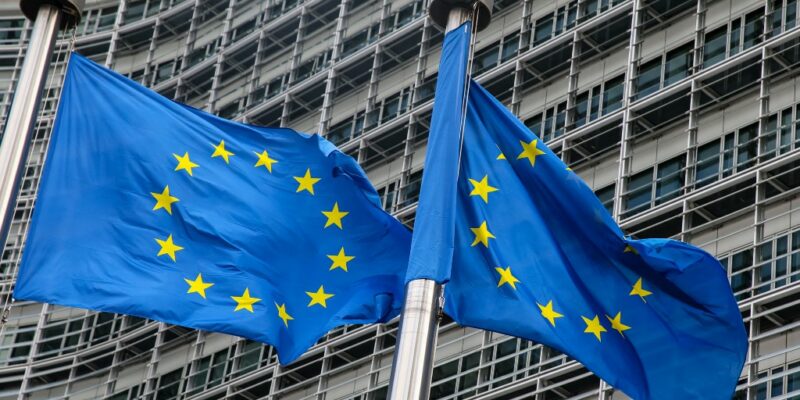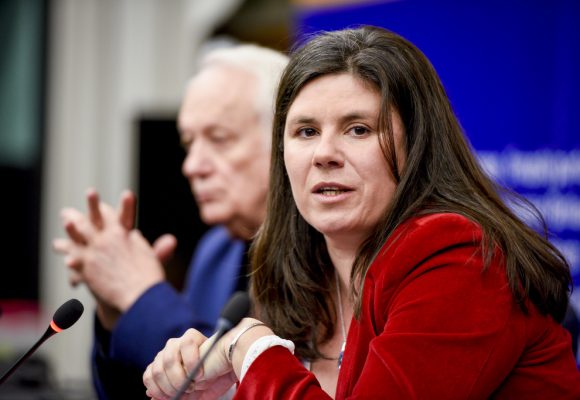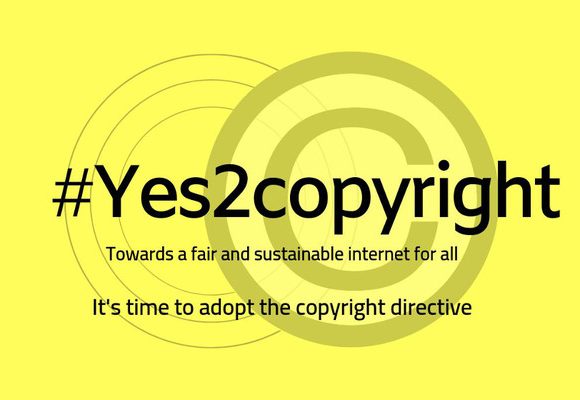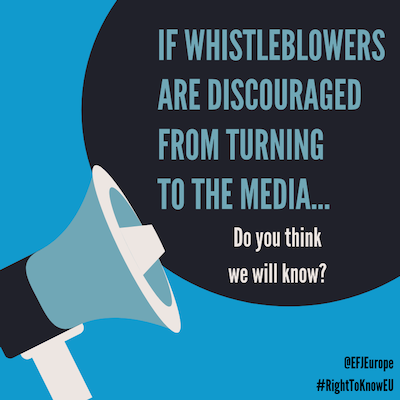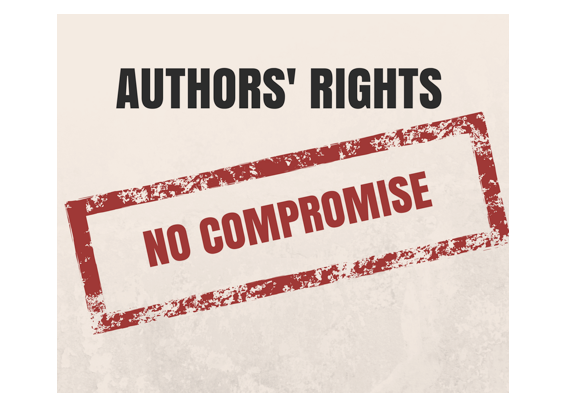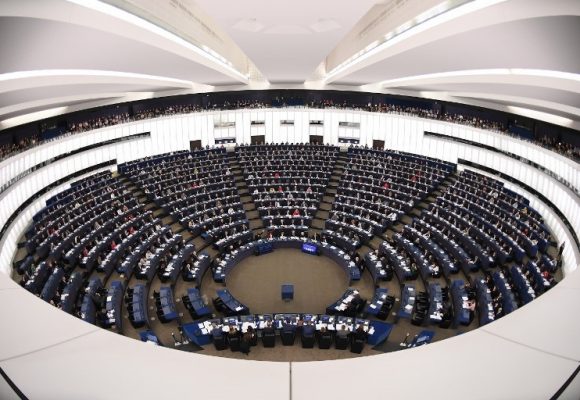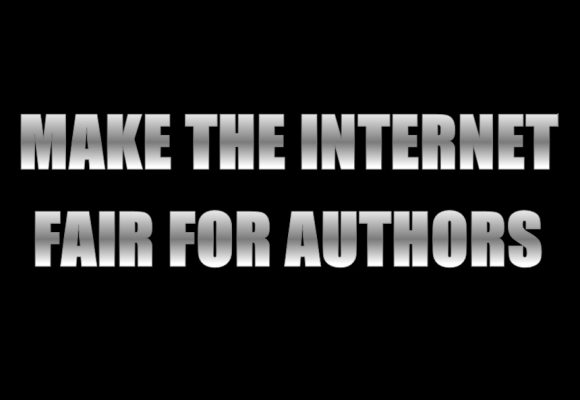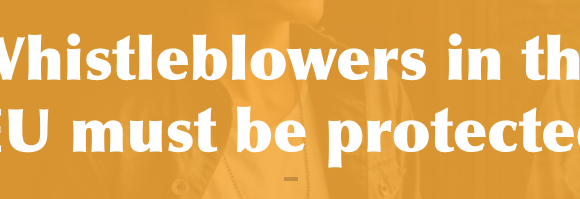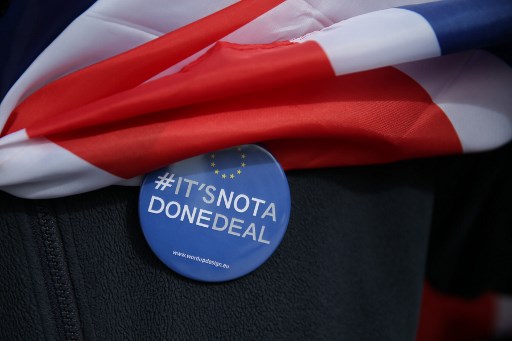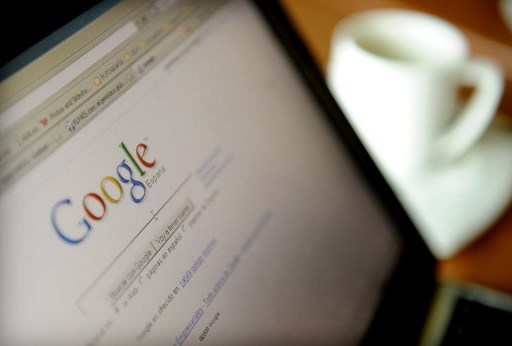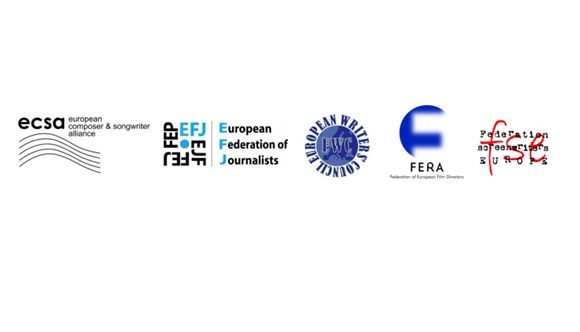EFJ joins call for European Commission to strengthen Rule of Law report
The European Federation of Journalists (EFJ) joined 61 other organisations in a joint statement to ask the European Commission to strengthen its annual Rule of Law report. The EFJ and its partners called for the EU to revise and amend the report with the view to examine more closely press freedom issues over Europe. With the aim of improving the credibility, inclusiveness and impact of the next Rule of Law report, the statement issued a set of recommendations, noting that this year’s report – published in July 2021 – “overlooked some serious media freedom issues, particularly related to the capture…

